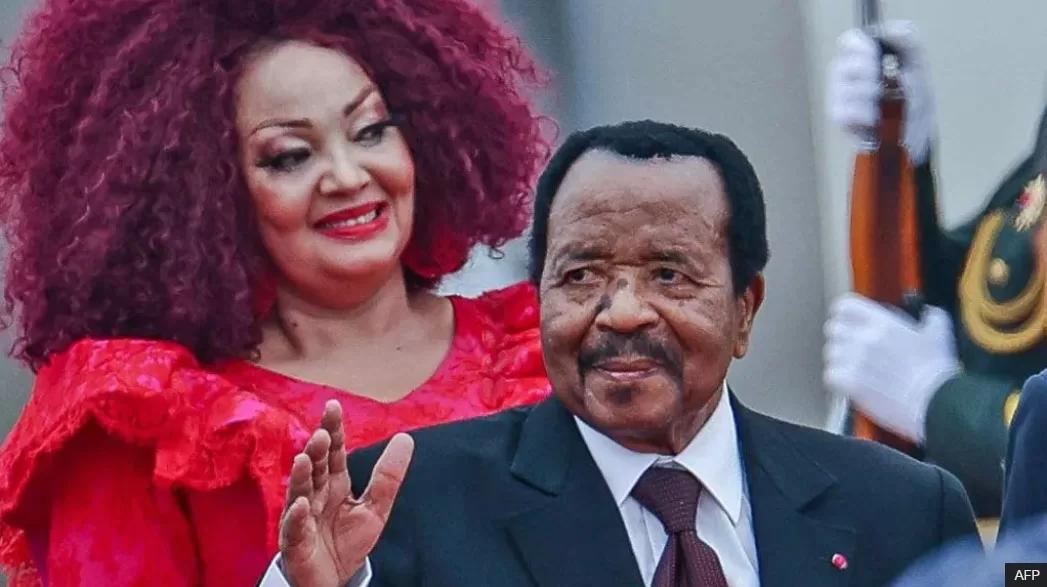Speculation over the wellbeing and whereabouts of Cameroon’s 91-year-old President Paul Biya has become a hot topic across Africa this week.
After attending the China-Africa summit in Beijing in early September, it was perhaps no surprise that he gave the UN General Assembly in New York a miss.
But when he stayed away from this week’s summit of French-speaking countries (La Francophonie) at Viller Cotterêts, north of Paris, the rumour mill went into overdrive, as he had not been seen in public for about a month.
Cameroon’s ambassador in France insisted that Biya is “in good health” and in Geneva – his habitual base when away from home.
Other sources suggested this was because he needed to rest under medical supervision after a heavy diplomatic schedule in July and August.
After all, he is Africa’s oldest head of state and the second longest-serving, narrowly beaten to that record by President Teodoro Obiang Nguema of neighbouring Equatorial Guinea.
Such mundane indications were not enough to still speculative guesswork about Biya in Africa-interested media and political circles.
So finally the government spokesman, René Sadi, issued a formal denial of the rumours, adding that the president would return home “in the next few days”.
And the head of the president’s private office, with him in Geneva, insisted he was “in excellent health”.
Cameroon occupies a key strategic location, as the gateway to landlocked Chad and the Central African Republic (CAR).
Apart from struggling to fully suppress jihadist violence around Lake Chad, it also wrestles with a complex and often violent crisis in its English-speaking regions.
In leading the response to these challenges, Biya has brought an unusual personal style that often eschews the front of the stage, without any apparent personal need to engage in diplomatic presenteeism or performative summitry.
He is a habitual non-attendee at many gatherings of African leaders. (BBC News)

